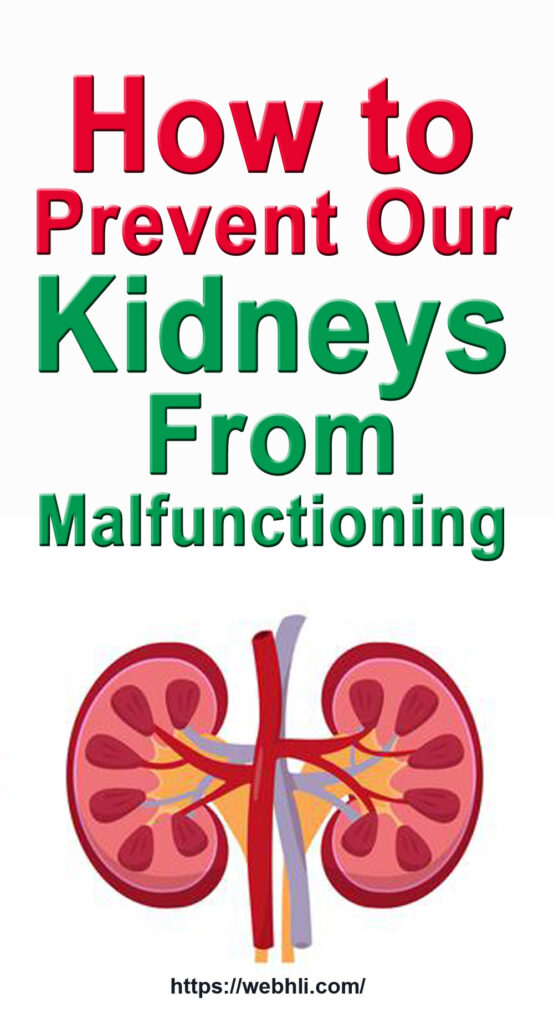The kidney supplies Vitamin D3, a good source of calcium for the gastrointestinal tract. The parathyroid hormones control calcium and phosphorus absorption. Excessive production can lead to renal malfunction or kidney failure.
Causes of Kidney Failure
Pre-renal causes - kidneys do not have enough blood supply
o Hypovolemia (low blood amount) due to blood deficiency
o Lack of fluids
o Inadequate ingestion of liquids
Renal causes consist of:
Sepsis: The body's immune system is devastated from contamination and begins swelling. Kidneys are forced to shutdown. This does not happen often with urinary tract diseases.
Rhabdomyolysis: A situation in which skeletal muscle cells collapse, releasing enzymes and electrolytes simultaneously from within the muscle cells.
o Post- renal causes are due to factors that affect outflow of the urine
o When a bladder or urethra is blocked, back strain builds up. The kidneys shutdown when urine is not being released.
Prostate cancer may stop the urethra and preclude the bladder from emptying.
Best Foods for People with Kidney Disease
How do you cleanse your kidneys naturally
Symptoms:
o Metabolic acidosis, or increased acidity of the body due to the incapacity to produce bicarbonate, will alter enzyme and oxygen metabolism. This is the basis of organ malfunctioning.
o Failure to release potassium and increasing potassium levels in the serum is related with fatal heart beat conflicts.
o Rising urea levels in the blood can change the function of a variety of organ, from brain malfunctioning to inflammation of the heart lining.
o Unsystematic limitations can be due to anemia, a decreased red blood cell count, because lower levels of erythropoietin do not sufficiently accelerate the bone marrow. A significant increase in red blood cells prevents oxygen from being carried to the blood. The body gets exhausted easily.
o Loss of enthusiasm, tiredness, and exhaustion are noticeable when waste products accumulate in the blood, In worst cases, mental functioning may results, or a body will suffer comatose.
How is kidney failure diagnosed?
Diagnosis is done with several blood tests determining the build up of waste products in the blood. When BUN and creatinine run high, the glomerular filtration speed diminishes. The kidneys continue to clean blood at this rate while calculations are made using the individual's age, creatinine levels, gender, and race.
Urine analysis may be done to measure the amount of protein, detect the presence of abnormal cells, or measure the concentration of electrolytes. Protein in urine is not normal and can be a clue that the kidneys are harmed.
Unusual aggregations of red and white blood cells described as casts can be seen in the urine with kidney diseases. Evaluating the absorption of electrolytes in the blood and urine can help decide whether the kidneys are able to appropriately monitor and filter blood.
There are ways to prevent kidney failure. Be conscientious with your health. Regulate blood sugar and blood pressure. It is always best to seek professional medical help when feeling something wrong.
When experiencing kidney failure, avoid further weakening of the renal function. Again, don't disregard. Seek medical help.
Article Source: http://EzineArticles.com/1668843


 Protected by Patchstack
Protected by Patchstack